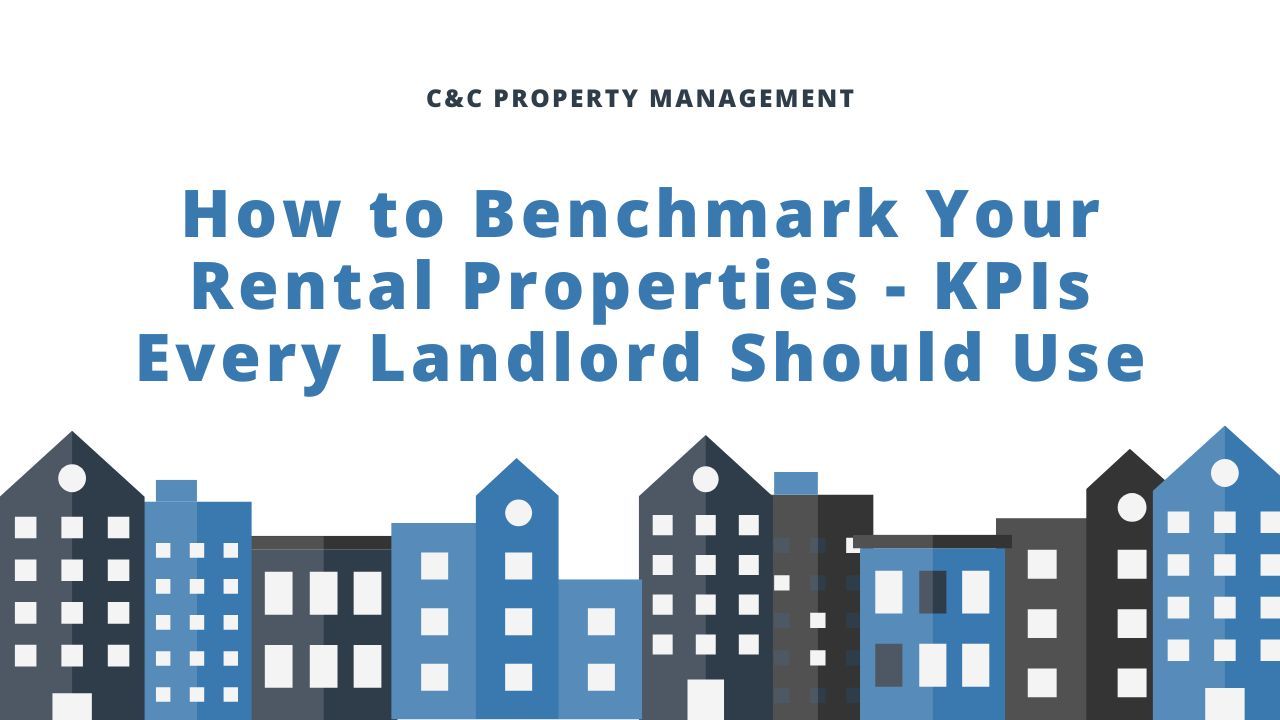California Security Deposit Laws
The California security deposit laws set forth the rules that landlords must follow when asking tenants to pay a security deposit.
Now, requiring tenants to pay a security deposit as part of the move-in costs provides landlords with numerous benefits. With security deposits, landlords may be able to secure themselves from potential financial damages from things like unpaid rent or damage exceeding wear and tear.
The following is everything you need to know regarding the California security deposit laws:
Security Deposit Limit
As of July 1, 2024, the limit for entire security deposits in California is one month's rent for both furnished and unfurnished units. However, for landlords who own no more than two residential rental properties with a total of no more than four units, the limit is two month's rent, but only if the landlord is a natural person or a limited liability company where all members are natural persons.
With this change made on July 1, 2024, landlords must adjust their security deposit collection practices to comply with the new law limiting security deposits to one month's rent for most units. This adjustment is crucial to ensure compliance with the new law and avoid exceeding the legal cap of one month's rent.
Non-Refundable Security Deposits
In California, landlords cannot charge non-refundable deposits as it is illegal to do so. According to state laws and regulations, all security deposits except the rent are refundable at the end of the tenancy.
Storing a Tenant’s Security Deposit
Landlords are the ones responsible for storing and managing security deposits during the term of the lease or rental agreement. However, California law does not have any specific guidelines that landlords must follow to store the deposit. So, they can store the security deposits anyhow they want.

Security Deposit Receipt
In comparison with other states, California does not require landlords to provide their tenants with a deposit receipt after collecting the deposit, as outlined in the lease. A landlord may want to keep documentation of it, but it is not mandatory. That said, make sure to treat all tenants fairly and equally when it comes to security deposit handling.
Reasons to Withhold a Tenant’s Security Deposit
There are certain situations under which the California security deposit laws allow landlords to withhold a deposit. Some of the scenarios may be:
- If the tenant defaults on rent.
- If the tenant causes excessive damage.
- If the tenant fails to restore the rental unit to a reasonable condition.
- If the tenant falters in making utility payments.
However, make sure that, as a landlord, you obey the California landlord-tenant laws when withholding any security deposits from your tenants, such as providing an itemized statement of deductions. Failing to provide a valid reason for withholding a security deposit can lead to the tenant taking legal action against you.
In such cases, the tenant may file a claim in small claims court, where you could be required to provide a security deposit return along with potential additional fees and damages. Ensuring a proper process for returning security deposits is essential to avoid legal complications and maintain a good relationship with your tenants.
Normal Wear and Tear vs. Damage
Normal wear and tear refers to the gradual deterioration of the rental unit over time. Below are some examples of this type of damage:
- Rusted appliances
- Chipped or scratched furniture
- Worn carpet
- Faded paint
- Loose doorknobs
- Cracks in grout or caulk
- Scuffed floors.
On the other hand, damage results from the tenant’s negligence or deliberate actions. The following are some examples of this type of damage:
- Burned furniture
- Pet urine stains
- Wall graffiti
- Stained carpets
- Broken windows
- Holes in the walls
To avoid potential disputes, the lease agreement should clearly define what constitutes normal wear and tear versus tenant-caused damage
Right to a Walk-Through Inspection
As a landlord in California, you have the right under the state's security deposit law to perform a walk-through inspection before a tenant moves out, especially in the case of an eviction, as outlined in the lease agreement. This inspection helps you identify whether the repairs are to be covered by security deposits or need to be brought to the tenant’s attention.

To conduct the initial inspection, the following conditions must be met:
- A landlord must let the tenant know that they intend to conduct the inspection within a reasonable time.
- The landlord must have the inspection no sooner than 2 weeks before the tenancy ends if their renter agrees to do so.
- As a landlord, you ought to give the tenant 48 hours (about 2 days)’ written notice before conducting the inspection.
- You, as the rental unit owner, have to present the tenant with a list of any repairs needed before they move out.
Returning the Tenant’s Security Deposit
California landlords have 21 days to return their tenant’s deposit once they have vacated their rented premises. You must include the following information in the notice:
- The security deposit amount you received when the tenant moved in.
- The list of deductions to the security deposit along with an itemized statement explaining the deductions made.
- A good faith estimate of the repairs that are yet to be done.
- The portion of the security deposit that you’re returning to the tenant.
Sale of the Rental Property
A landlord may want to sell their rental unit for varied reasons.

If a landlord sells while a tenant is occupying it, they have two options to consider:
- One of the options is to transfer the security deposit to the incoming landlord. After you’ve done this, the new landlord will need to notify the tenant of their contact details and of any deductions on their security deposit.
- The other option is to return the tenant's deposit, without any deductions, to the tenant. The upcoming landlord must be notified of the security deposit amount you’ve returned to the tenant, and any deductions you’ve made.
Conclusion
If you require tenants to pay a security deposit, it is mandatory that you conform to the CA Civic Code. If you have a question or need help in managing your rental, C&C Property Management can help.
At C&C Property Management, we pride ourselves on providing property owners with tailored property management services. Get in touch to learn how we can help you enhance your property!
Disclaimer: Please note that the information provided in this blog is intended for general guidance and should not be considered as a replacement for professional legal advice. It is important to be aware that laws pertaining to property management may change, rendering this information outdated by the time you read it.








